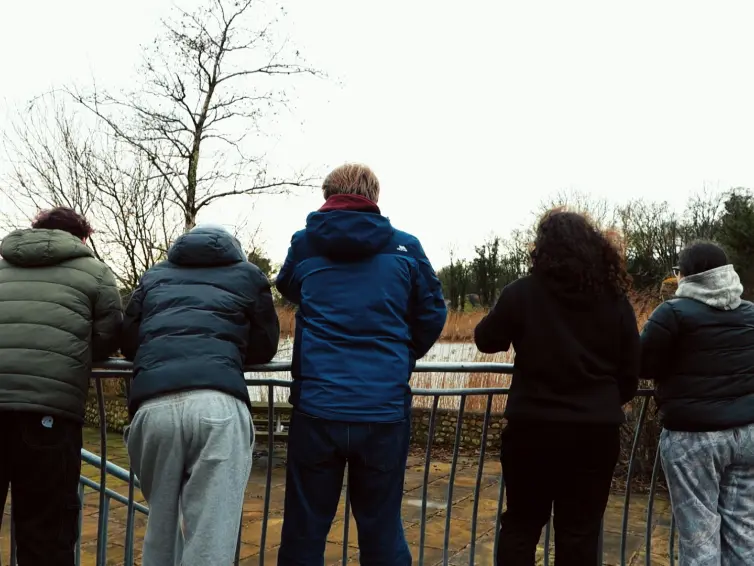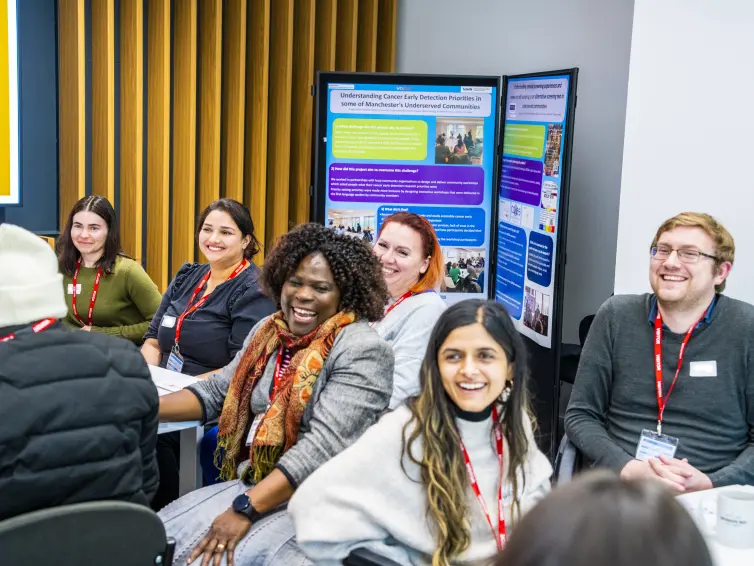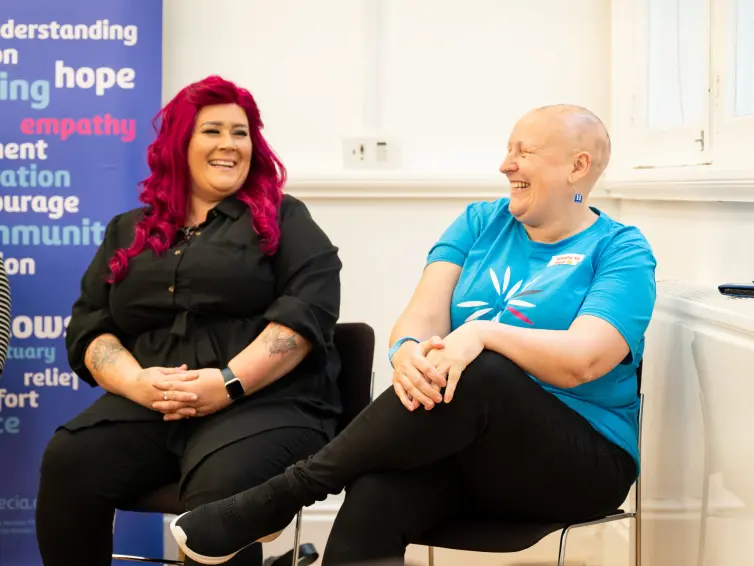Health: one size doesn't fit all
Working together to address health inequalities
2020 will be remembered as one of the most devastating years in recent history and yet represents an opportunity to hold up a mirror to how we live, work, interact and respect each other.
Right now, unfair and avoidable differences in health exist across the UK population, and between different groups within society. The conditions in which we are born, grow, live, work and age influence our opportunities for good health, and how we think, feel and act, and this shapes our mental health, physical health and wellbeing. Socio-economic status (deprivation, unemployment, low income), protected characteristics (age, sex, race, sexual orientation, disability) and geography (urban, rural) are all factors which contribute to health inequalities.
One stark example of where existing health inequalities impact society is in cancer diagnosis, care and treatment. The barriers to accessing good quality healthcare across the cancer journey are complex, embedded and result in a lack of parity in care. The results include late diagnosis, inaccurate risk prediction and misrepresentation in clinical trials, where participants are often not representative of the populations most affected by the specific cancer under study.
Detecting cancer early saves lives and reduces long-term health costs. Awareness raising and effective national screening programmes are key tools to aid early detection of cancer. However, evidence suggests that people from culturally diverse or ethnic minority populations (e.g. Black, Asian and Minority Ethnic - BAME), tend to have lower participation in screening programmes and subsequently present at the clinic with more advanced disease. This requires more intense treatment (and side-effects) and also decreases the chance of a good outcome; which can have a negative feedback on how a BAME community views and engages in cancer screening.
Understanding why people do not engage with an offer of, or participate in, cancer screening is key to improving uptake. Authentic and sustained community engagement and partnerships can help to establish trust, create opportunities and support diverse participation in screening programmes and clinical trials.
Now is the time to reach those community anchors and trusted voices who can bring their energy and experience, to support their diverse community members and educate us on what we’re missing. Together we will co-develop a strategy aimed at promoting inclusive research, leading to improved outcomes for all.
Rob Bristow, Manchester Cancer Research Centre
In 2019, the Manchester Cancer Research Centre began working with the BAME Advisory Group (BRAG) and at World Cancer Day in February this year, Director Professor Rob Bristow pledged to collaborate and establish a meaningful and long term relationship.
The collaboration between BRAG and the Manchester Cancer Research Centre has come at the right time. The partnership presents the opportunity for BRAG to lead and influence change in the design, connective and delivery of health research for our communities. "In Union there is Strength."
Grace McCorkle, BRAG and Manchester Clinical Research Facility Executive
We are all unique, our health is a reflection of who we are and how we live. Now more than ever we need to unite and take care of each other.
This blog was written by Suzanne Johnson, Social Responsibility Lead for the Division of Cancer Sciences at The University of Manchester and Tracy Grey, former member of the Vocal team.


